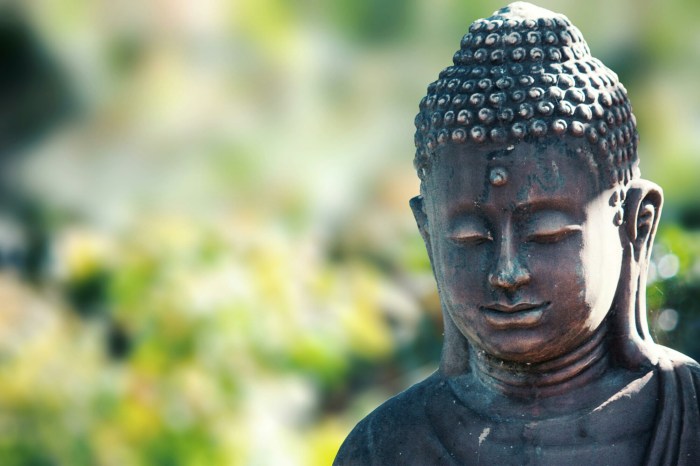I realised this week that I’ve been blogging about RD for over a year! So much has happened in that time, the blog I wrote this week last year, Living in Limbo, was about finding myself homeless, things were certainly very up in the air and nothing felt solid or stable.
I’m very grateful to have had some amazing support since then, I’m settled in my little bungalow with my cats and feel on a much more even keel. Constant change is unsettling, especially when it’s not because of choices we’ve made.
I’d say my key word for the past twelve months has been ‘acceptance’. It’s been a long process but it’s definitely the fulcrum around which my improving mental health resolves… I can feel a whole separate blog there 🙂
It’s often the simple things that can resonate with us the most. A conversation with my psychotherapist a few months ago is a great example, I’d been telling her how I kept looking ahead and just seeing no end, no way out of feeling ill and frustrated and trapped and out of control. She said
‘everything changes – from your pain levels to the weather’
and although it didn’t help immediately as I was having a low day it stuck in my mind, and she’s absolutely right.
Things do change, they will change again, the trick I’ve since found is to try to live more in the moment, enjoy each hour, each day, each small success – looking ahead is actually counter productive, especially when it feels bleak.
Depression is horrid, I’ve had it for over four years now, and of course it’s often common for people to start suffering post diagnosis, which is hardly surprising. But I honestly believe with a combination of meds and talking therapies it’s absolutely possible to enjoy better days!
The second simple thing that resonated was even more basic, but I strongly believe it’s worth sharing.
Change that ‘why me? ‘ to ‘why not me?’
I know it sounds really simplistic but just churn it over for a while. Think about what it actually means. “Why me” implies some cosmic force has said ahh yes you, you need RD! Isn’t it much more likely that it is just down to a random combination of genetics and environment? The simple fact is that it’s not personal!
RA has literally turned my life upside down this past year, I first lost my health, then consequently my home, my job, etc etc BUT…. It has over the same period made me completely reassess my priorities, my way of life, and I’m now starting to work out what it is I really want.
I’m not there yet and wouldn’t pretend to be, but boy it feels good to have had the breathing space. I’ve been forced to step off the treadmill, to stop, take my time, breathe! And the ‘worst’ happened and you know what? Not only have I survived but there is still joy in my life, and in being alive, I’ve just have to look a little harder and in different places. Meditation has helped hugely. I’m more grounded, I’m more peaceful, my life is simpler and calmer, and this enables me to focus on self care and my hope that I will be able to return to some kind of contributing employment in the future.
Yes, of course RA limits what I can do and when – it probably always will, but I will not let it limit who I want to be. You too will find a way, I promise 💙



